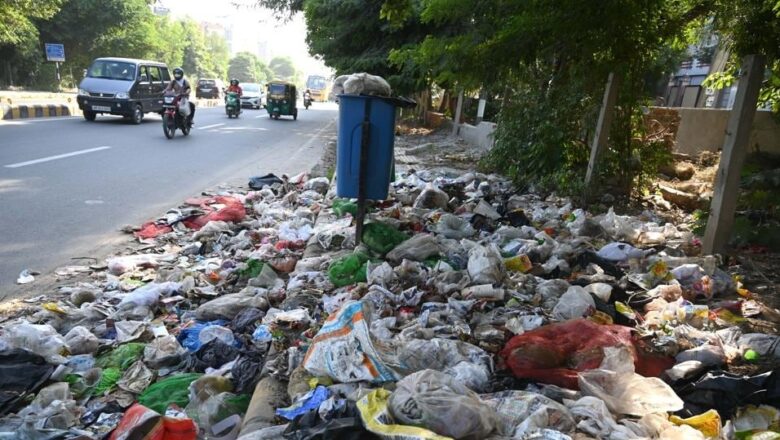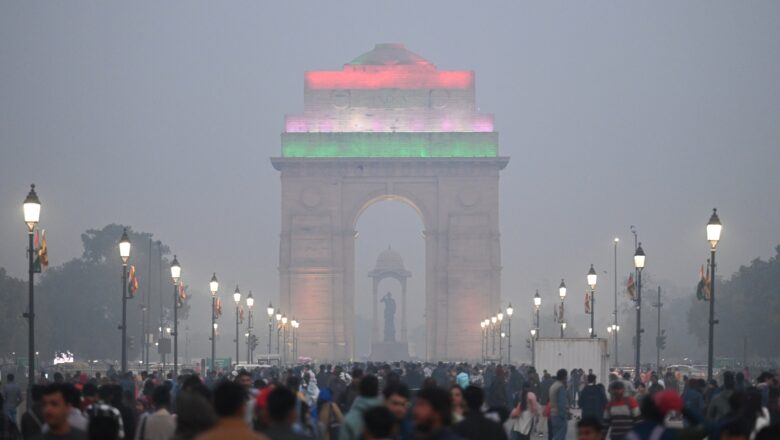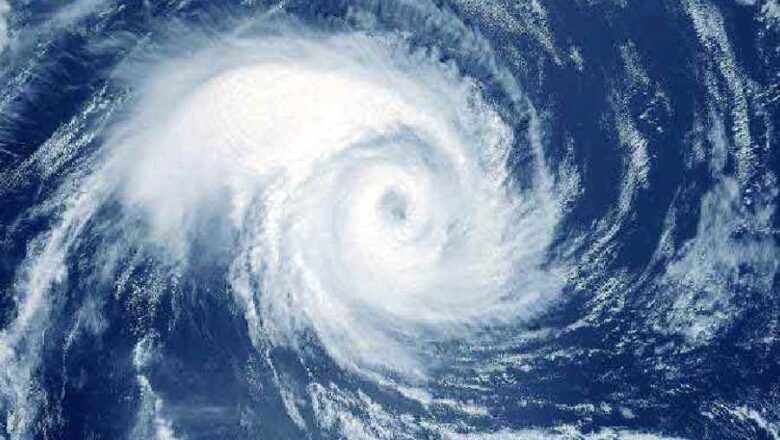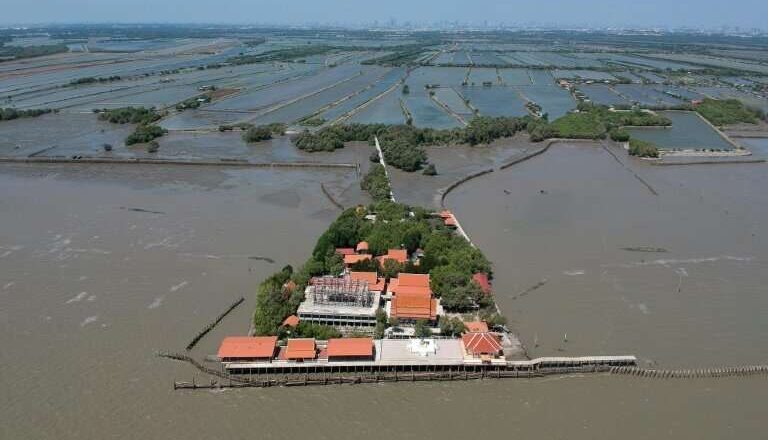
Sea Turtles Losing Nesting Grounds Along Karnataka Coast Amid Rising Erosion and Climate Threats
Sea turtles along Karnataka’s coastline are losing their nesting habitats due to increasing coastal erosion, seawall construction, and climate-induced extreme weather events, according to a new study by the ICAR–Central Marine Fisheries Research Institute (CMFRI).
The study, published in Regional Studies in Marine Science highlights how human interventions and changing ocean conditions are shrinking crucial nesting grounds. More than 52% of local fishermen surveyed attributed the decline in turtle nesting to sea erosion and the construction of seawalls along the coast.
Led by Dr. Bindu Sulochanan from CMFRI Mangaluru Regional Centre, the decade-long research combined field observations, marine productivity data, coastal water quality assessments, vessel traffic mapping, and tradition...









